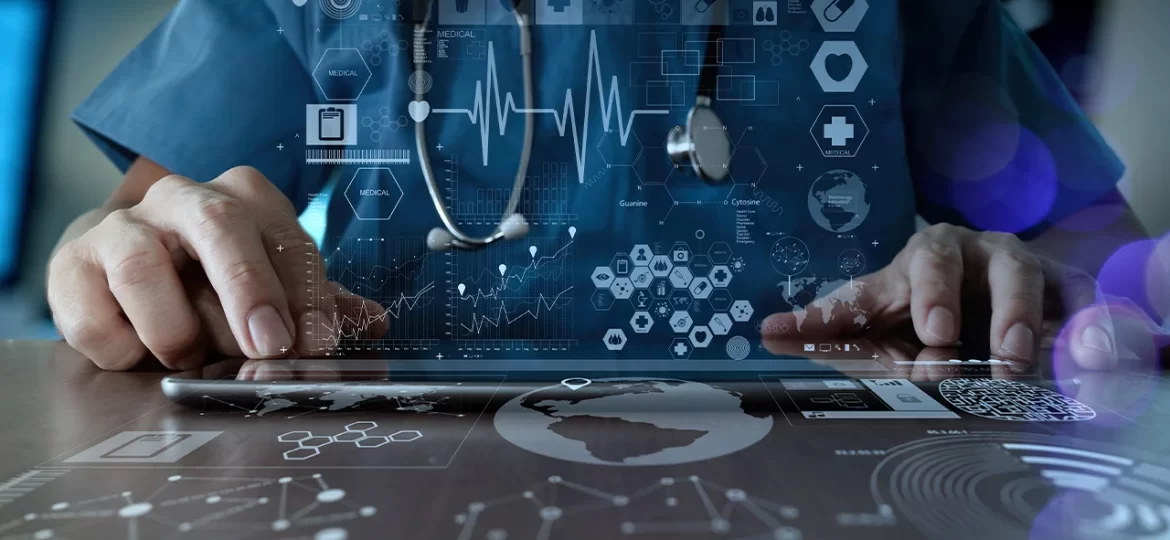We’re discussing HIPAA, the law that safeguards patient data. It’s not just a good idea to follow these rules – it’s a legal necessity.
Cloud computing in healthcare is ushering in a new era, significantly benefiting both patients and physicians. By reducing costs, enhancing privacy, and fostering better patient care through collaboration and interoperability, cloud solutions are at the forefront of transforming the medical landscape.
The healthcare sector has witnessed a significant transformation with the adoption of Software as a Service (SaaS). This paradigm shift has propelled healthcare from being a mystery to a mainstream digital domain.
Medical software development plays a crucial role in revolutionizing healthcare, driving innovations, and ultimately saving lives. By integrating technology into medical devices and systems, it enables healthcare providers to deliver better patient care, improve diagnostics, and enhance treatment outcomes.
Cloud computing has transformed the way healthcare operates. It involves using remote servers to store, manage, and process healthcare data and applications. This technology offers benefits like cost efficiency, improved data security, and better access to patient information.
In today’s fast-paced world, technological advancements have revolutionized various industries, and healthcare is no exception. With the rise of digital solutions, a new era in medicine has emerged, bringing forth exciting possibilities for patient care and treatment.
Computer vision in healthcare is experiencing a period of popularity. Developers have a lot of ambitions, ranging from small startups to large transnational vendors and medical equipment manufacturers that offer various algorithms, services, etc. Creating solutions based on computer vision in healthcare opens up several new opportunities for medicine.
Cloud technologies are becoming more and more popular in various spheres of life and many industries. In recent years, cloud-based medical information systems have experienced a splash of attention. According to experts, the industry of cloud solutions for healthcare can grow by more than $25 billion in the coming years.
Technologies that seemed like science fiction just a few years ago are now becoming a tool that doctors can use or will use in the next few years. What is future medicine, and what can we expect very soon? And what is the role of intelligent automation in healthcare? Let’s discuss.











